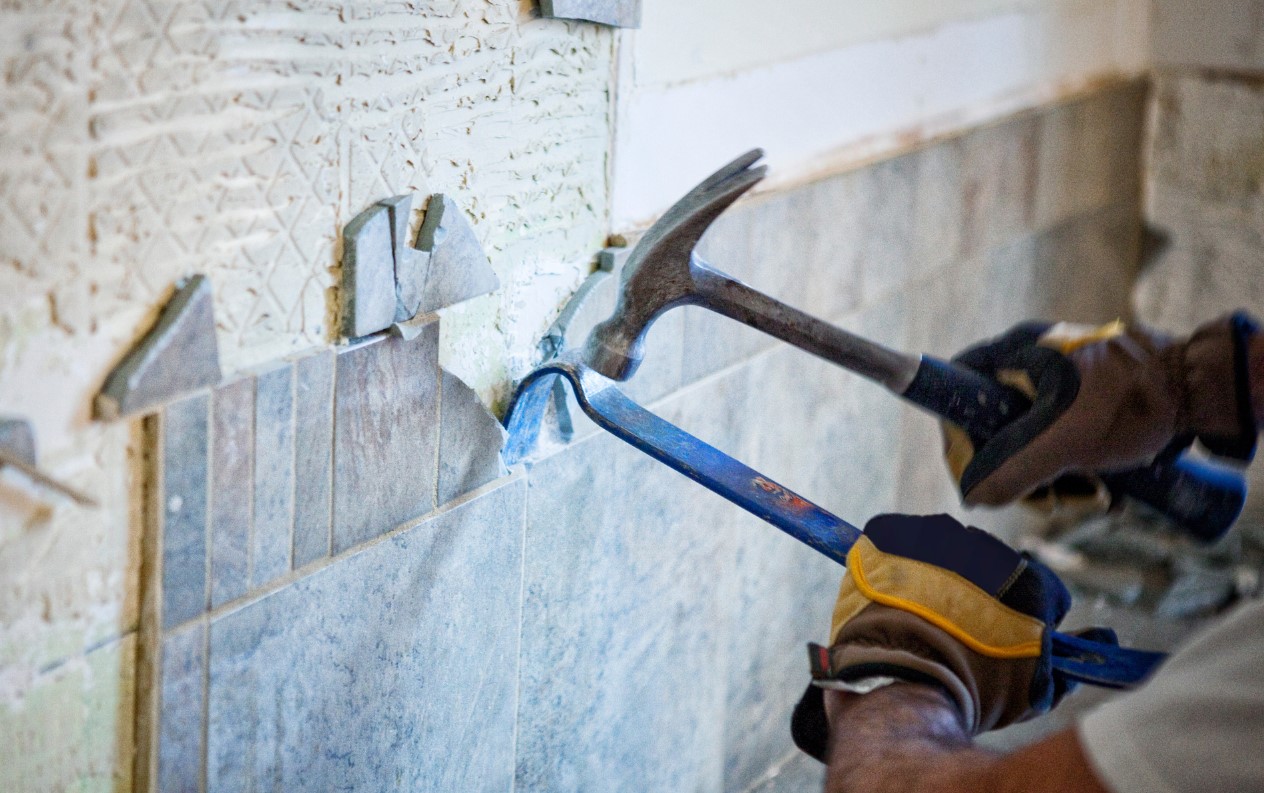The Minimum Credit Score For VA Home Loan Approval: What To Know
 When you are applying for a home loan, you need to make sure that you meet the minimum credit score requirements. If you decide to go with a traditional loan, the credit limit can be high, making it hard to qualify for a home loan. In contrast, you might be able to qualify for a VA home loan with a much lower credit score. What do you need to know?
When you are applying for a home loan, you need to make sure that you meet the minimum credit score requirements. If you decide to go with a traditional loan, the credit limit can be high, making it hard to qualify for a home loan. In contrast, you might be able to qualify for a VA home loan with a much lower credit score. What do you need to know?
The VA Does Not Have A Minimum Credit Score Requirement
One of the major benefits of applying for a VA home loan is that you do not need to worry about meeting a minimum credit score requirement. There is no minimum credit score you need to qualify for a VA home loan, as there are lots of factors that the lender will consider when reviewing your application. Your credit score is only one factor. At the same time, you are encouraged to have a credit score between 580 and 660 to increase your chances of being approved for a home loan.
There Are Other Benefits Of Applying For A VA Home Loan
In addition to the lack of a credit score requirement, there are other benefits of applying for a VA home loan. For example, you do not have to worry about putting any money down. While you might be able to get a lower interest when if you decide to put money down, you are not required to do so. You also do not have to worry about paying PMI, even if you do not put 20 percent down. This is just another way that a VA home loan can help you save money.
A VA Home Loan Could Be The Right Option For You
With so many benefits of applying for a VA home loan, it makes sense to do so; however, you need to make sure that you meet the eligibility requirements. For this reason, you should work with a professional who can make sure you qualify for a VA home loan for your next purchase.

 When you take out a home loan, you might have the option to purchase mortgage points. Essentially, this is money that you pay to the lender upfront in exchange for getting a lower interest rate over the life of the loan. If you got a great deal on the house, you might have some extra cash on hand. Should you use that money to buy down the interest rate? This is a math problem that you need to calculate for yourself.
When you take out a home loan, you might have the option to purchase mortgage points. Essentially, this is money that you pay to the lender upfront in exchange for getting a lower interest rate over the life of the loan. If you got a great deal on the house, you might have some extra cash on hand. Should you use that money to buy down the interest rate? This is a math problem that you need to calculate for yourself. Today, there are many people who are having a difficult time purchasing a house. Even though interest rates have gone up, sales are still happening quickly. Therefore, it can be difficult for people to qualify for a mortgage, purchase a house, and get to the closing table before the property is sold. One potential way to get around the hot housing market is to consider a home renovation mortgage. How can a home renovation mortgage help you?
Today, there are many people who are having a difficult time purchasing a house. Even though interest rates have gone up, sales are still happening quickly. Therefore, it can be difficult for people to qualify for a mortgage, purchase a house, and get to the closing table before the property is sold. One potential way to get around the hot housing market is to consider a home renovation mortgage. How can a home renovation mortgage help you?